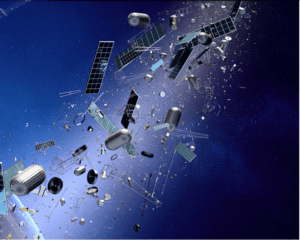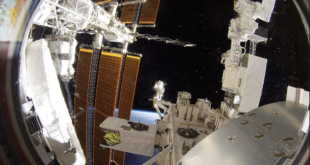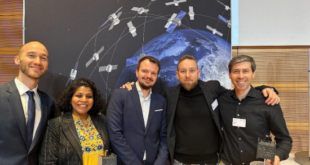
Edinburgh / Washington, 3 November 2021. – The UN First Committee, responsible for international security, approved the establishment of a new working group to develop rules for military activities in space, Breaking Defense reports. The plan was proposed by the UK and supported by a number of Western countries including the US.
The Open-Ended Working Group (OEWG) would meet twice in 2022 and 2023 and work on a basis of consensus. To realise the plan, the full UN General Assembly needs to approve the plan for OEWG in December.
The language of the resolution (A/C.1/76/L.52, Prevention of an arms race in outer space) allows for consideration of legally binding measures. It also grants the possibility for voluntary rules constraining certain military actions deemed as threatening. Outcomes of the OEWG will range from specific recommendations to identifying government and military actions, activities and omissions.
Canadian diplomats raised the idea of a ban on ASATs (anti-satellite weapons) earlier this year as they produce long-lived space debris. Many UN and government officials, as well as academic experts and scientists have backed the suggestion. The UK resolution however, would not ban such equipment, but says that such debris increases the risk of collisions and the potential for conflict.





